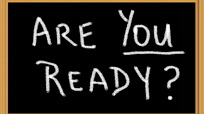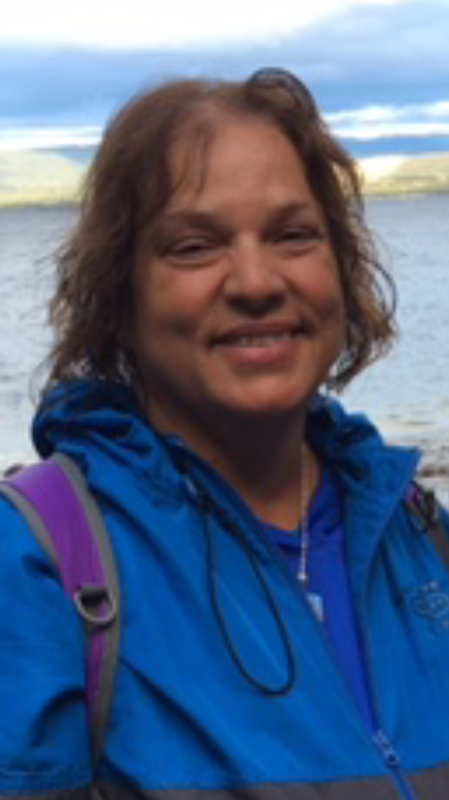
Cody Lundin on Emergency Preparedness
If you ever got lost in the woods, Cody Lundin is the man you would want with you to help you survive and guide you to safety. He’s an expert at survival, whether it’s surviving a terrorist attack in a major city or a natural event in the wilderness. He’s the author of two best-selling books, When All Hell Breaks Loose: Stuff You Need to Survive When Disaster Strikes, and 98.6: The Art of Keeping Your Ass Alive, and is the founder of the Aboriginal Living Skills School in Prescott, AZ. http://www.first30days.com/experts/cody-lundin
Here is a summary of his survival tips:
1. Fire. Learn how to use it properly, in case the grid goes down and you need to stay warm. Mistakes include accidentally torching your home and burning fuels inside that produce carbon monoxide. Don't drag a barbecue grill into the house!
2. Waste. Bury human waste away from water sources. Or, double line waste baskets or five-gallon buckets (with lids) with plastic bags, placing crumpled up newspaper between bags to absorb liquids. Tie and store in a safe place for proper disposal.
3. Water. If incoming water is contaminated, open the highest faucet in the house, then go to the lowest faucet and drain as needed. You can also use water stored in water heaters. In the absence of contamination, fill every container you can with fresh water, including the bathtub.
4. Communication. 90 percent of survival is psychology. Talk and implement a preparedness plan with your family BEFORE a disaster strikes.
5. Food: always make sure that you have enough food stockpiled @ home to make it through at least one week because access to grocery stores will be limited.
6. Electricity: buy a generator that is adequate for your family's needs.
7. Survival Kit. This will include matches, batteries, flashlights, glow-sticks, a small propane bottle, a one-burner gas grill, candles, water purification tablets, and a first aid kit. Basically, anything we can think of to get us through the first day of being without power or water.


 RSS Feed
RSS Feed
